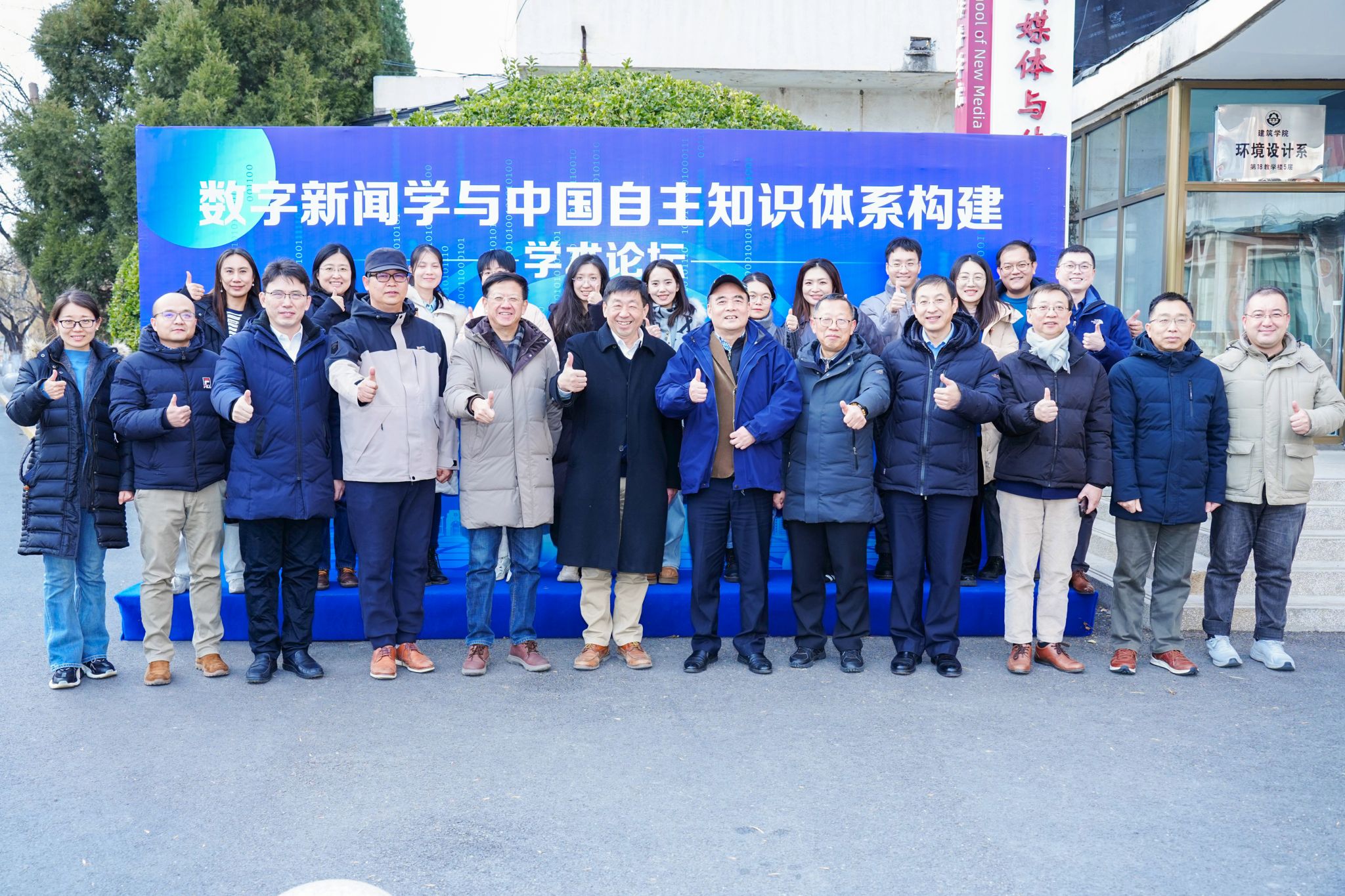王岚君
2025-01-10
教育经历
2005-2011,清华大学, 电子工程系, 博士
2008-2009,美国加州大学伯克利分校, 加州先进交通技术研究所, 国家留学基金委公派交换生
2001-2005,清华大学, 基础科学(数学物理方向), 理学学士
工作经历
2021.10 至今,天津大学, 研究员
2017.5-2021.10,华为技术有限公司, 技术专家
2016.2-2017.5,加拿大滑铁卢大学, 博士后
2011.7-2016.1,IBM中国研究院, 高级主任研究员
详细研究兴趣
负责任的人工智能:包括人工智能系统可解释性、鲁棒性、公平性、透明性等保障人工智能系统安全发展面临一系列新技术。目前主要关注生成式模型下与智能传播相关的交叉问题。
安全公平的数据估值与定价:包括数据交换/交易场景下隐私保护、价值评估、清洗治理等技术,使得最大限度的挖掘数据价值,构筑数据安全堤坝,释放数据潜能筑基新质生产力。

微信公众号

